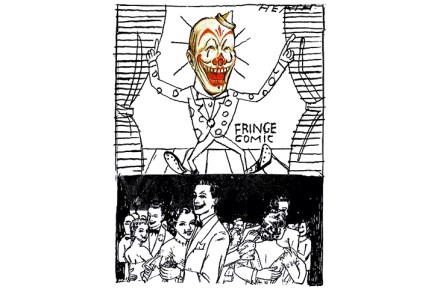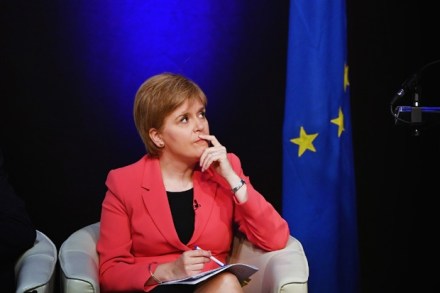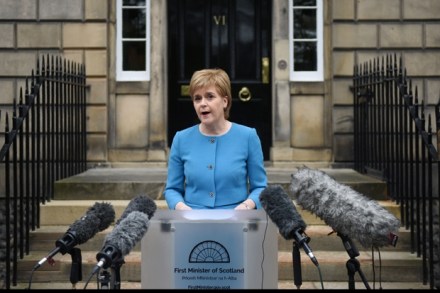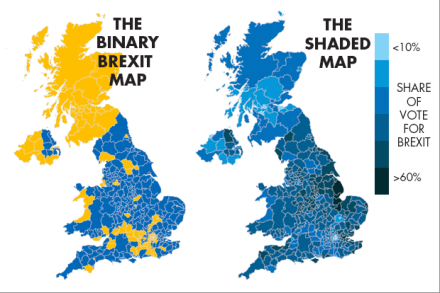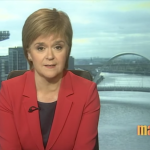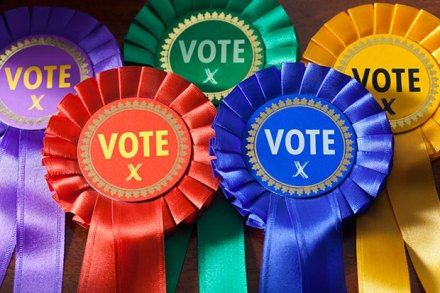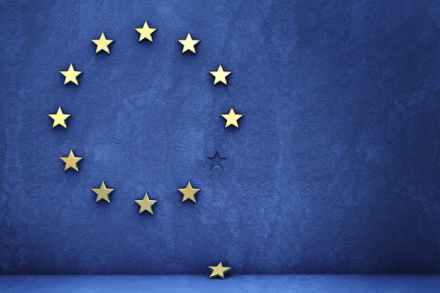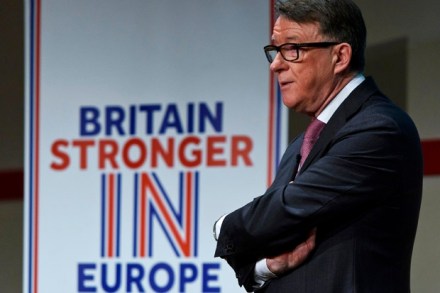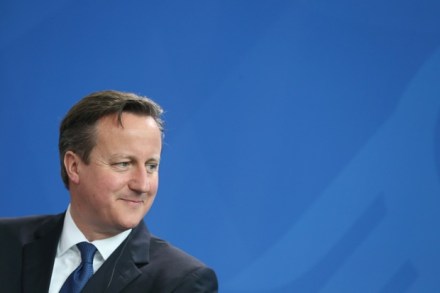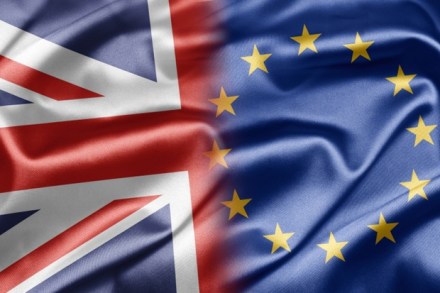Edinburgh Notebook
The brilliant Irish comedian Andrew Maxwell describes doing stand-up at the Edinburgh Fringe as ‘exams for clowns’, and even though I first appeared there in 1981 (when the Cambridge Footlights Revue featured Hugh Laurie, Stephen Fry, Emma Thompson and Tony Slattery), I felt an overwhelming surge of nervousness as I began my short run this year with the peerless mimic Jan Ravens (who herself had directed that illustrious 1981 cast). By the middle of the week, I’d finally managed to reach the zone that stand-up requires, being both relaxed and focused. Watching my favourite stand-ups (Hal Cruttenden, Simon Evans, Justin Moorhouse and Maxwell himself) and some exciting new discoveries —
